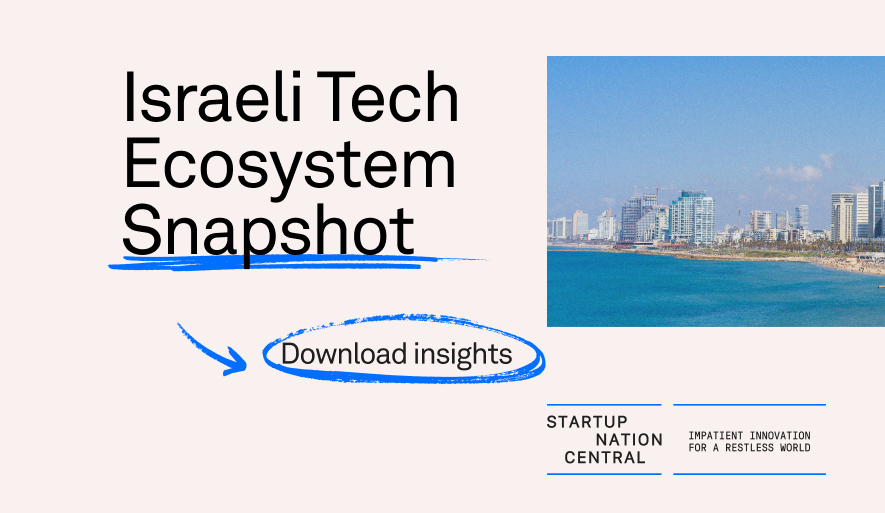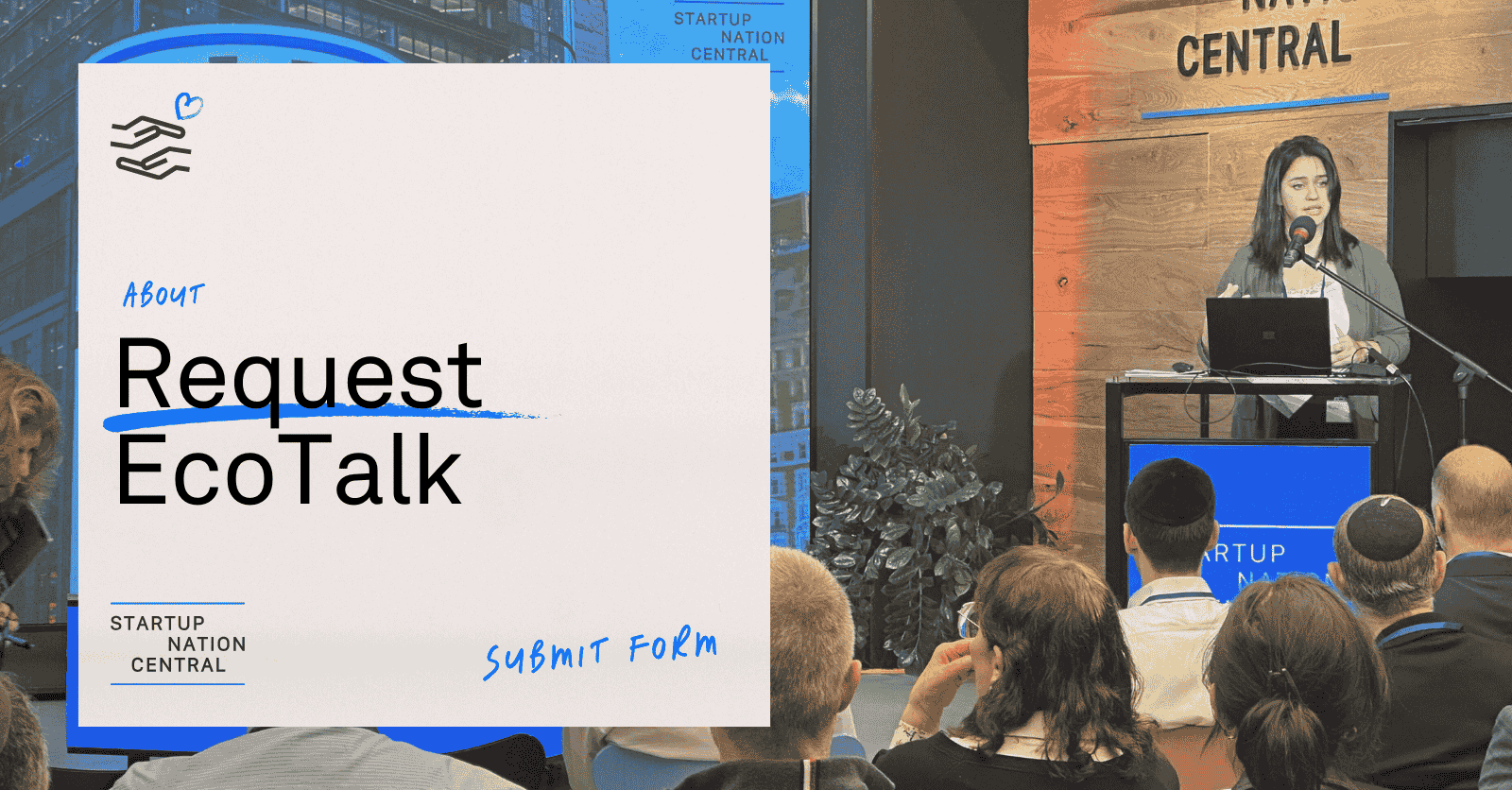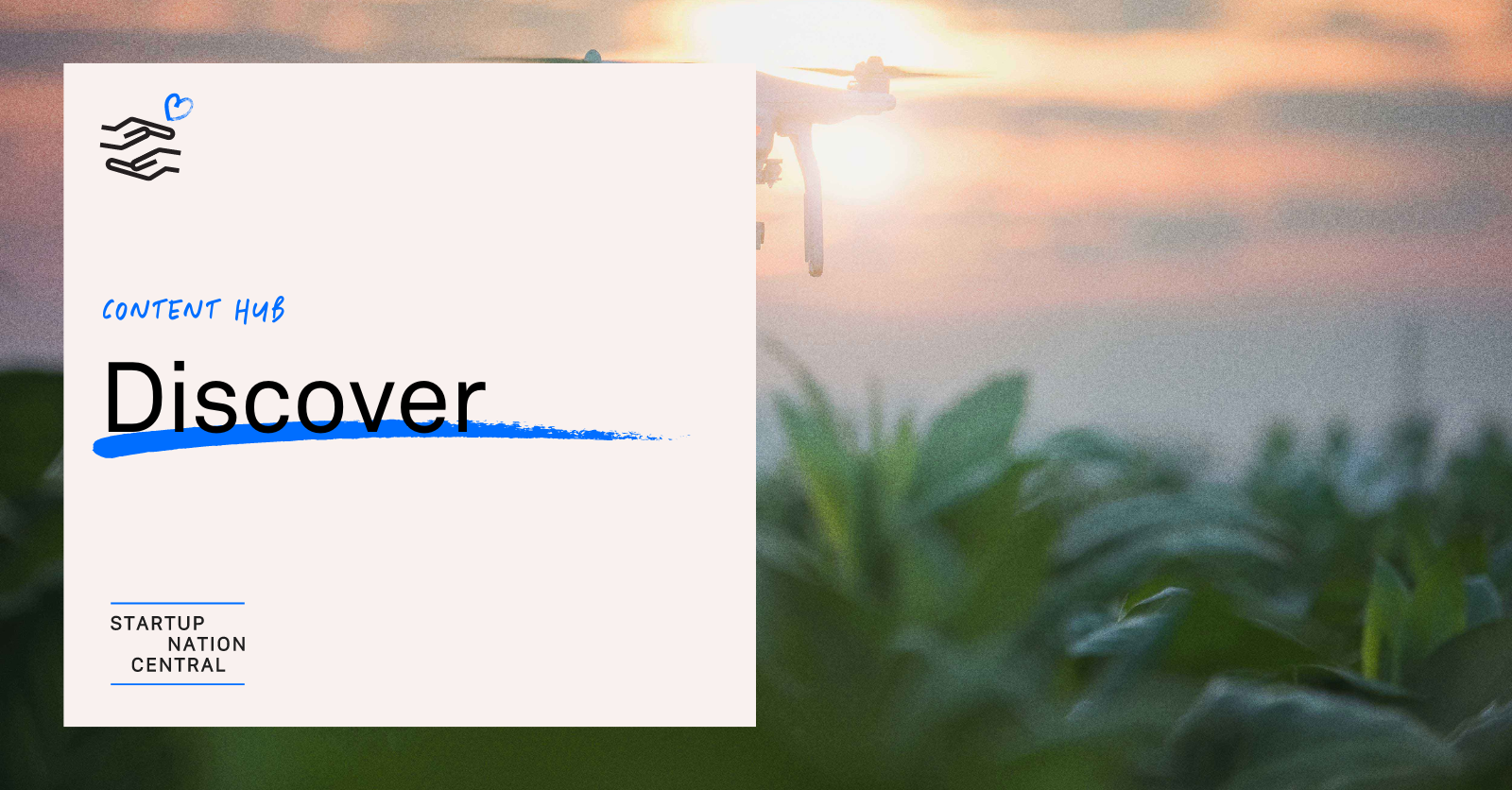How IoT is Transforming Industrial Processes
Tech Innovation
Amid the Fourth Industrial Revolution, the Internet of Things (IoT) is reshaping industrial processes with unprecedented impact. By creating a seamlessly connected ecosystem of devices and systems, IoT enables real-time communication, intelligent automation, and data-driven decision-making. This deep integration optimizes operations, enhances efficiency, and unlocks new avenues for innovation, fundamentally transforming the way industries function.
What is IoT in Industry 4.0?
At its core, IoT constitutes a network of interconnected devices equipped with sophisticated sensors, software, and other cutting-edge technologies that exchange data through the Internet. Within Industry 4.0, IoT stands as a pivotal mechanism for real-time data collection, analysis, and distribution, empowering intelligence-driven operational decisions.
Several key components combine in concert to provide the foundation upon which IoT is built:
- Sensors: Devices capture essential data from environments, turning analog information into digital insights. Sensors measure variables such as temperature, pressure, and vibration, offering a comprehensive picture of operational conditions.
- Connectivity: This infrastructure facilitates seamless communication between devices, promoting data flow and orchestration crucial for smart manufacturing ecosystems. Wireless and wired communication technologies ensure devices can relay real-time data without delay.
- Data Processing: Collected data is scrutinized to produce actionable insights that enhance efficiency, improve product quality, and inform strategic decisions. Processing can occur on the edge (near the data source) or in the cloud, each offering unique advantages for responsiveness and data depth.
This interconnected ecosystem enhances automation, paving the way for environments that are not only more responsive but also adaptive to changes, fostering resilient industrial landscapes poised for innovation.
Advantages in Applications
IoT’s integration into Industry 4.0 introduces numerous benefits and applications across various sectors:
- Smart Manufacturing: By embedding sensors into machinery, IoT enables comprehensive real-time monitoring and precise control of production processes. Manufacturers dynamically track performance metrics, ensure optimal operations, and uphold product quality, reducing waste and heightening precision.
- Predictive Maintenance: IoT systems continuously monitor equipment, leveraging data analytics to anticipate potential failures. This proactive maintenance approach facilitates timely scheduling, drastically reducing downtime and extending machinery life.
- Supply Chain Optimization: IoT improves inventory and shipment tracking by providing real-time data and visibility, resulting in efficient logistics management and substantial cost savings. By leveraging IoT for advanced demand forecasting, businesses optimize stock levels, enhance supplier relationships, and satisfy customer needs more efficiently.
Challenges in Implementing IoT
Despite the significant advantages, IoT implementation is not without challenges. Among the hurdles, the following stand out:
- Data Security: The extensive interconnectivity of IoT devices magnifies vulnerabilities to cyber threats, necessitating robust security protocols to protect sensitive information. Enterprises often need to implement end-to-end encryption and regular audits to mitigate risks.
- Interoperability: The diverse spectrum of IoT devices often adheres to varied standards, complicating seamless integration and communication across platforms. Overcoming these interoperability issues typically involve adopting standardized protocols and ensuring backward compatibility.
- Scalability: Handling the burgeoning number of IoT devices requires infrastructure that accommodates increased data throughput without compromising performance. Emerging technologies like cloud computing and edge processing offer promising solutions for scalability, enabling efficient data management and real-time analytics.
Impact on Industry
IoT’s transformative effects are evident across multiple sectors. Here are a few of the sectors that are most impacted:
- Automotive: Connected manufacturing lines enhance production efficiency and meticulous line balancing, ensuring smoother transitions and minimizing assembly bottlenecks. Automakers leverage IoT to streamline operations and improve vehicle telematics, providing better customer experiences and supporting autonomous vehicle development.
- Healthcare: IoT supports remote patient monitoring, vastly improving response times and enabling personalized medical interventions. Real-time health data empowers healthcare providers to make informed decisions, ultimately enhancing public health outcomes. Hospitals implementing IoT solutions have reported significant improvements in patient monitoring and diagnostics.
- Agriculture: Smart farming technologies use IoT sensors for precision agriculture, optimizing water and fertilizer use while ensuring sustainable practices. By monitoring environmental conditions in real-time, farmers can make informed decisions that bolster crop yield and reduce resource waste, contributing to food security and environmental sustainability.
Impact on Sustainability and Society
From an environmental perspective, IoT plays a crucial role in reducing industries’ carbon footprint by optimizing resource utilization and minimizing waste. Real-time IoT data enables targeted energy management strategies, lowering emissions and fostering sustainable practices. IoT also enhances societal welfare by advancing safety standards and developing smart infrastructures, significantly improving quality of life through efficient energy management and urban planning.
Israeli Innovations in IoT
Israel is a leader in innovation, with dynamic companies at the forefront of developing groundbreaking solutions for global markets. Here are some notable examples of Israeli companies leading the way with IoT solutions:
- Seebo: Illustrating IoT advantages like predictive maintenance, Seebo actively prevents production interruptions and inefficiencies. Their IoT platforms incorporate AI-enhanced digital twins that empower manufacturers to predict failures with precision, enhancing both productivity and resource conservation. Note: Seebo and its technology has been acquired by Augury.
- Wiliot: Tackles the challenge of connectivity and resource efficiency with its battery-free Bluetooth tags. These innovations promote sustainable logistics and real-time inventory management by harnessing ambient energy, driving new levels of cost-effective IoT connectivity.
- Vayyar Imaging: Showcases how IoT impacts industry and safety. By leveraging IoT sensors for automotive and healthcare applications, they provide non-invasive imaging solutions, setting benchmarks for privacy-conscious data use and enhancing operational efficiency across sectors.
- Moovit: Embodies societal impacts by improving urban mobility. Moovit merges IoT with public transport systems, facilitating real-time coordination and efficiency in city transit networks, representing a leap forward in societal infrastructural support.
- Watergen: Demonstrating IoT’s role in sustainability, Watergen utilizes IoT-enabled atmospheric water generation to provide sustainable water solutions. This innovation highlights data-driven energy efficiency and ecological impact, leading to wider social benefits.
Israeli companies are spearheading technological advancements that integrate IoT solutions into everyday applications, elevating productivity and sustainability across industries.
Future Trajectories of IoT
Looking ahead, the synergy between IoT and other Industry 4.0 technologies promises even greater breakthroughs. The potential for IoT to integrate seamlessly with AI, robotics, and data analytics suggests a future where industries achieve not only automation but also heightened intelligence and adaptability.
As IoT evolves, its capabilities will expand, creating more intuitive and responsive manufacturing ecosystems poised to tackle future challenges and capitalize on emerging opportunities in a rapidly changing world.


 Tech Ecosystem
Tech Ecosystem Human Capital
Human Capital Focus Sector
Focus Sector The Health Network
The Health Network
 Business Opportunities
Business Opportunities Investment in Israel
Investment in Israel Innovation Diplomacy
Innovation Diplomacy Leadership Circle
Leadership Circle
